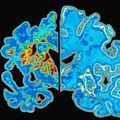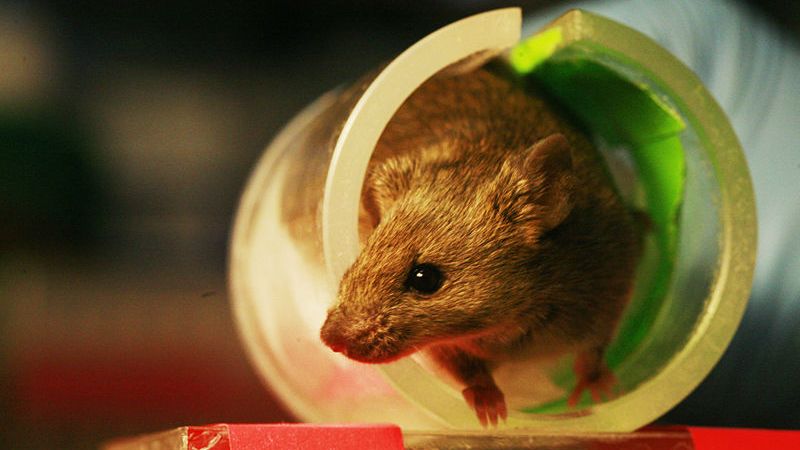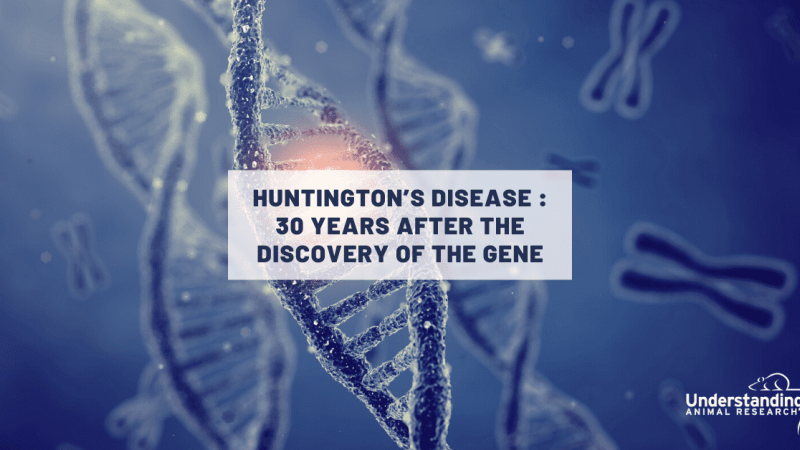 A cancer treatment has been shown to rapidly clear the destructive brain plaques of Alzheimer’s disease. The tests, conducted in mice, surprised researchers with the speed at which the plaques were broken down. This work may lead to a future treatment.
A cancer treatment has been shown to rapidly clear the destructive brain plaques of Alzheimer’s disease. The tests, conducted in mice, surprised researchers with the speed at which the plaques were broken down. This work may lead to a future treatment.
Alzheimer’s disease is typified by a build-up of a protein called β-amyloid in the brain. This forms plaques that damage and kill nerve cells, resulting in a gradual loss of memory and the ability to think clearly. Scientists believe the plaques form because the body cannot break down β-amyloid due to low levels of an enzyme called ApoE.
The skin cancer treatment, called bexarotene, is able to activate the ApoE gene to raise levels of the enzyme. So researchers investigated whether it would help clear the plaques in GM mice that had been bred to mimic Alzheimer’s disease. After one dose, in young mice that had not yet started to show symptoms of Alzheimer’s, the levels of β-amyloid in the brain were significantly and quickly lowered within six hours and stayed lowered for 70 hours.
In older mice with established plaques, seven days of treatment halved the number of plaques in the brain. This was much faster than the best alternative treatment for Alzheimer’s that has previously been tested in mice. The older mice also got better at tasks such as building nests, navigating mazes and remembering mild electric shocks. This showed that the treatment was reversing the symptoms of the disease.
These are early results and many more experiments will be required to determine if the treatment will work in people. But with levels of dementia rising rapidly as people live longer, these findings are a valuable contribution to knowledge that should help us tackle this devastating disease.
For more information, please visit the AnimalResearch.info page on Alzheimer's disease
Last edited: 14 March 2022 09:35



